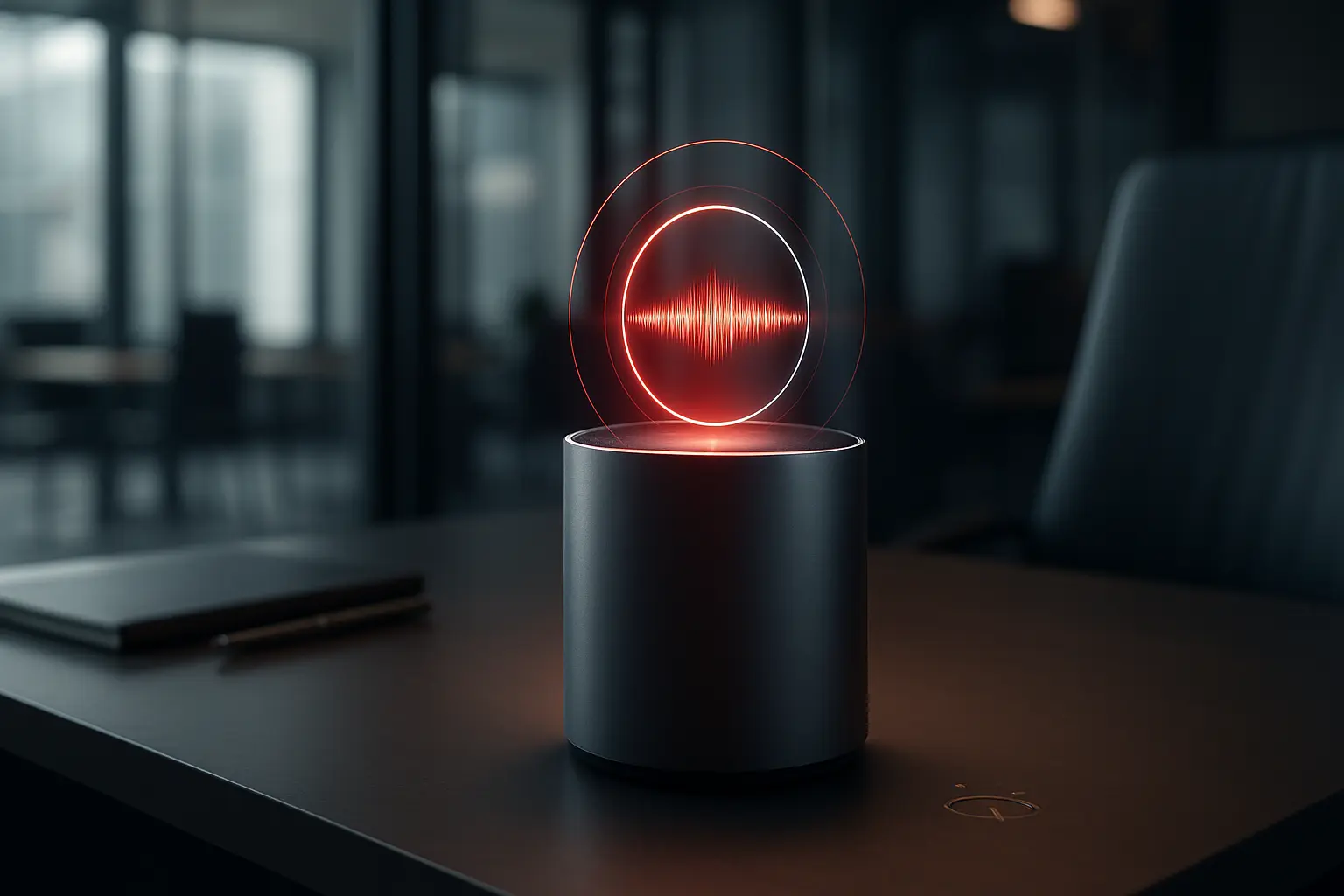Increasingly, more and more people, and even companies, have come around to the view that personal voice assistants have to move into an Enterprise environment.
Some feel such business agents can be of great use in verticals, and of course, for specific roles within an organization. Digital voice assistants can enhance sales, marketing, and brand strategy teams by not only assisting them but also providing descriptive, predictive, and prescriptive analytics in a more straightforward, more accessible way than today.
Amazon’s Alexa For Business
Take Amazon’s ‘Alexa For Business’. It’s got the first-mover advantage on this front. It aims to give Enterprise workers access to software that uses voice controls to automate tasks. There are more like Alexa – Cisco’s own corporate version of AI-powered voice assistants, and then Microsoft’s Cortana. All of them are now being actively used in some corporations.
For now, here’s what you can do in your office with Alexa. This is more about helping readers understand the potential of such digital voice assistants than anything else.
At the start of a meeting, you can command her, “Alexa, start the meeting”. Alexa turns on the video conferencing equipment, dials into your conference call, and gets the meeting going.
Before the meeting, ask Alexa to help you find an open conference room. Just ran out of stationery? Ask Alexa to order fresh supplies.
You can even use such personal devices to make hands-free phone calls or send SMS messages. Such intelligent assistants can quickly check calendars, help schedule meetings, manage to-do lists, and set reminders.
Alexa can also help find information in popular business applications, such as Salesforce.
This is all early-stage. The more sophisticated versions of digital assistants being released will obviously be tasked to go way beyond such mundane “human” tasks. Your in-house data analyst can use an API to convert all Predictive Analytics content into Voice. This means your Brand Strategy team does not have to look at complicated dashboards. All it needs is to ask the digital assistant verbal questions, and the reply will be in Voice.
Analytics, per se, and even Marketing, too, can benefit in 2 ways. Integrating digital voice assistants in the Enterprise, as I have explained, is one. The other is to consume data from a user who has used Alexa, Siri, or Bixby, and to capture both user intent and contextual data to track user actions.
We have seen, in just under a decade, as I mentioned in the first part of this post, CRM has gone from being 100% face-to-face or phone-based to a diverse, omnichannel approach.
Now, it’s got even more sophisticated, cutting out humans altogether from the entire process. Companies now employ automated conversational solutions, such as chatbots and digital voice assistants, that interact directly with customers and collect data.
Deploying Artificial Intelligence: A deep analysis of voice data can help brands gain insights into their audience and make recommendations.
I leave you with this thought…..
There’s talk of Enterprises seeing a movement similar to the Bring Your Own Device (BYOD) trend, with digital voice assistants at the center. It’s like bringing your laptops and PDAs to work.
There are two opinions on this. While one segment is all for it and agrees that such digital assistants will eventually become part of the corporate landscape, BYOD is just waiting to happen, the other cautions that it may not be as easy as some would like to think. Standing as a hurdle are security issues, and, of course, the fact that this could mean sensitive organizational data falling into the wrong hands or being sold.
So, what do you think? Why don’t you write your views in the ‘Comments’ section below?


